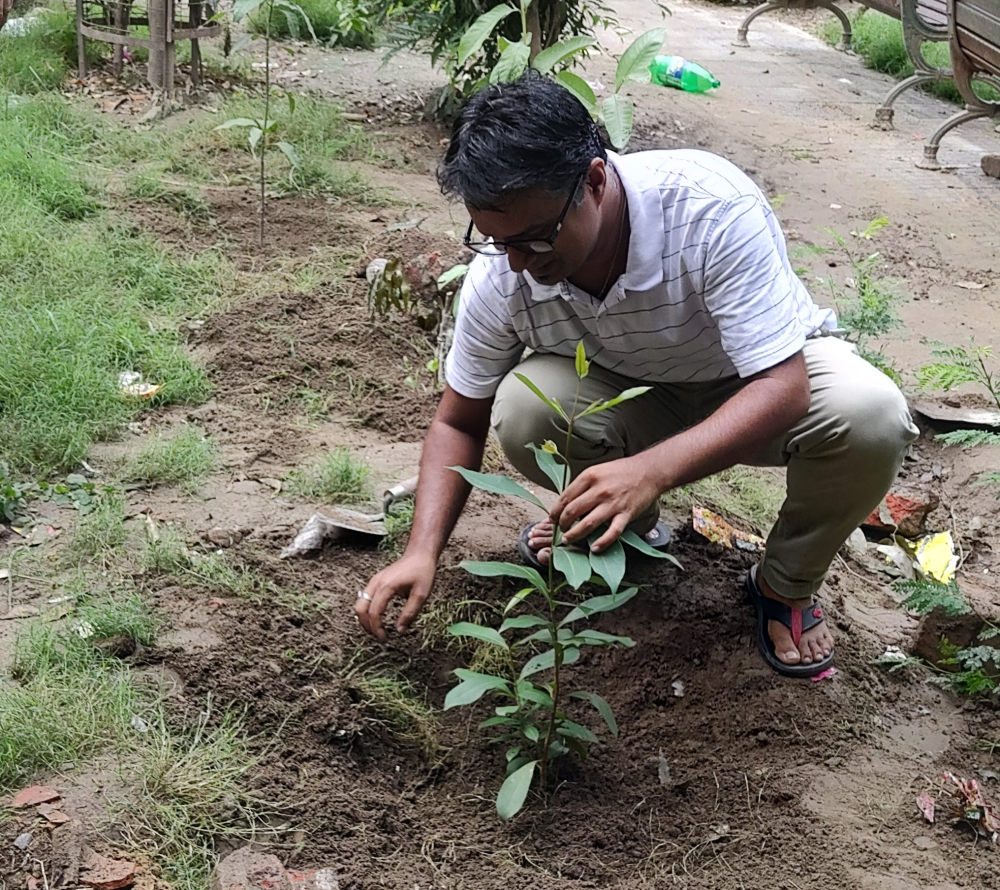Introduction:
Delhi, the bustling capital city of India, faces significant challenges when it comes to waste management. With a burgeoning population and rapid urbanization, the generation of waste has reached alarming levels. However, amidst these challenges, the city is making strides towards sustainable waste management practices. In this blog, we will explore the current state of waste management in Delhi and discuss innovative approaches that are being implemented to address this critical issue.
- The Growing Waste Challenge in Delhi:
Delhi generates a massive amount of waste every day, comprising household waste, commercial waste, and industrial waste. The improper disposal and mismanagement of this waste pose severe environmental and health hazards. Landfills are overflowing, polluting groundwater and emitting harmful gases, while waste burning contributes to air pollution. The need for an efficient and sustainable waste management system has never been more crucial.
- Adopting the 3R Approach: Reduce, Reuse, and Recycle:
2.1 Reduce: The first step in effective waste management is reducing waste generation at the source. Awareness campaigns and education about sustainable consumption habits are essential in encouraging individuals and businesses to minimize waste production. Initiatives like promoting reusable products, using eco-friendly packaging, and practicing responsible purchasing can significantly reduce the amount of waste generated.
2.2 Reuse: Encouraging the reuse of products and materials is another vital aspect of waste management. Delhi has witnessed the emergence of thrift stores, donation centers, and repair cafes, where items are repaired, refurbished, and sold at affordable prices. Embracing the culture of reuse not only reduces waste but also promotes a circular economy and reduces the strain on natural resources.
2.3 Recycle: Recycling is a key component of sustainable waste management. Delhi has established recycling centers and waste segregation programs to ensure that recyclable materials such as paper, plastic, glass, and metal are diverted from landfills. Creating awareness about proper waste segregation and providing convenient recycling facilities are essential for the success of recycling initiatives.
- Waste-to-Energy: Harnessing Renewable Resources:
Delhi is exploring waste-to-energy solutions to tackle the growing waste problem while simultaneously generating renewable energy. Waste-to-energy plants use advanced technologies to convert organic waste into biogas or electricity. These plants not only reduce the volume of waste going to landfills but also contribute to the city’s energy needs. Waste-to-energy initiatives hold great potential for Delhi to address waste management and renewable energy goals simultaneously.
- Involving the Community: Swachh Delhi, Swachh Bharat:
Community participation and involvement play a vital role in effective waste management. Delhi has initiated campaigns like Swachh Delhi, Swachh Bharat (Clean Delhi, Clean India) to engage citizens, raise awareness, and promote responsible waste management practices. Community clean-up drives, waste collection points, and citizen-led initiatives have become a common sight, showcasing the power of collective action.
- Government Initiatives and Policies:
The government of Delhi has implemented various policies and regulations to tackle waste management challenges. Initiatives like the ban on single-use plastics, construction and demolition waste management rules, and strict enforcement of waste segregation have been put in place. Additionally, the integration of technology, such as waste monitoring systems and smart waste bins, is being explored to optimize waste collection and management processes.
- Creating a Circular Economy:
Moving towards a circular economy is essential for sustainable waste management in Delhi. This involves minimizing waste generation, maximizing recycling and reuse, and designing products with end-of-life considerations. By promoting a circular economy mindset, Delhi can reduce its dependence on landfills and create a more sustainable and resource-efficient waste management system.
Conclusion:
Waste management in Delhi is an urgent challenge that requires a multi-faceted and holistic approach. By adopting the principles of the 3R approach, harnessing waste-to-energy solutions, involving the community, and implementing effective policies, the city can transition towards sustainable waste management practices. With continued efforts and collective action, Delhi has the potential to become a model for other cities, demonstrating how waste can be transformed into a valuable resource, paving the way for a cleaner, greener, and more sustainable future.
